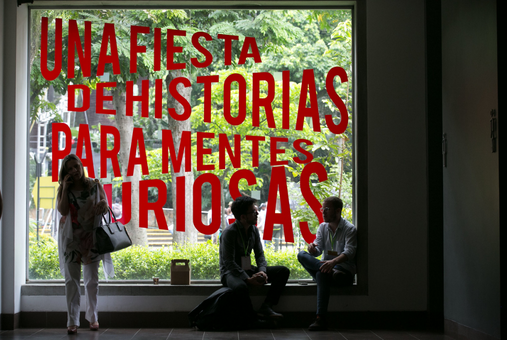
On Oct. 21, 2022, Bogotá, the capital of Colombia, will host for the first time the Gabo Festival, which resumes face-to-face after two years of online editions due to the Covid-19 pandemic. On the same day 40 years ago, Gabriel García Márquez was announced as the winner of the Nobel Prize for Literature. His acceptance speech "The Loneliness of Latin America" inspired the tenth edition of the Festival, which bills itself as an event for "storytellers."
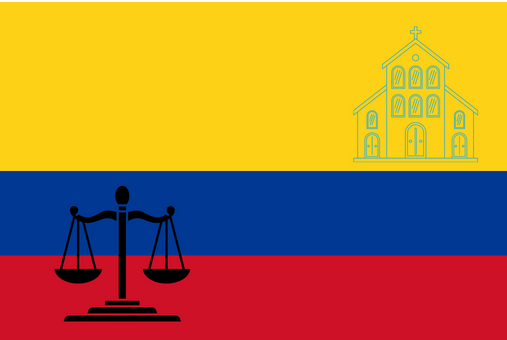
Two decisions of the Constitutional Court of Colombia ruled in favor of journalist Juan Pablo Barrientos' requests for information from the Catholic Church related to pederasty cases. Although his fight has set a positive precedent for freedom of expression, it has also meant judicial and personal exhaustion for him.
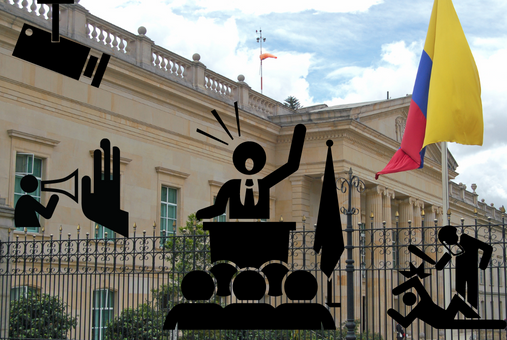
In FLIP's analysis, the government of Iván Duque, which ends on August 7, maintained a strategy of friend-or-foe with the press. With those considered critical, distrust and secrecy prevailed. In addition, he used human and economic resources to prioritize institutional communication and impose his narrative. This contributed to an atmosphere of polarization and built a wall that affected access to information.
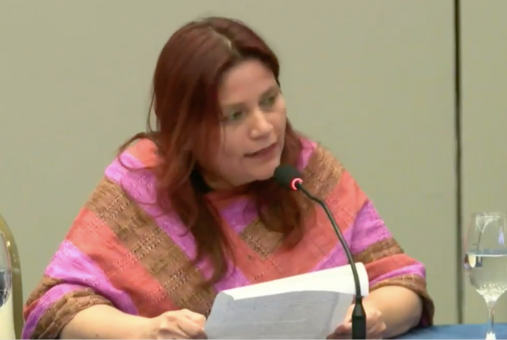
Colombian journalist Claudia Julieta Duque, who for two decades experienced psychological torture, life in exile and persecution for a journalistic investigation, said that the recent decision of the highest court of Colombian public administration is the most important in the fight for justice in the face of violations of her human rights.
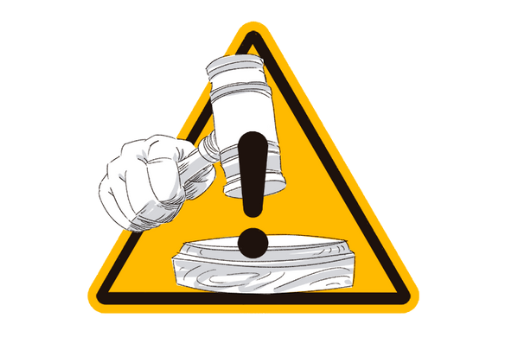
Across Latin America, governments have attempted different models to investigate and prosecute attacks against journalists. It is evident that there is no unified model for creating an office to investigate and prosecute crimes against journalists. Some countries have special prosecutors, while other countries have investigative units. Moreover, the results of their efforts are often difficult to track, according to experts.
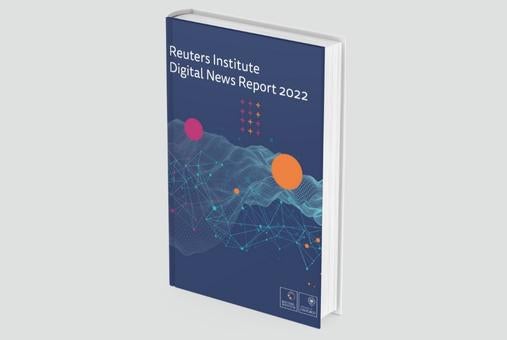
Brazil is where a growing aversion to the news is worst, as 54% of Brazilians avoid the news, well above the world average of 38%. In Argentina, 46% now say they avoid news content. The other countries in the region surveyed were Chile (38%), Colombia (38%), Mexico (37%), and Peru (37%).
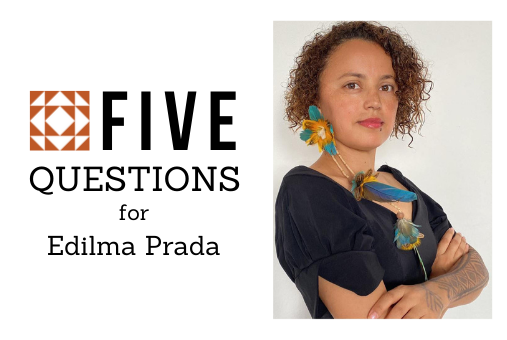
Edilma Prada, a Colombian journalist who’s the founder and managing editor of Agenda Propia, participated in the "5 questions for" section of LatAm Journalism Review (LJR). She talked about her news outlet’s achievements, the situation of press freedom in Colombia for Indigenous journalists, and the need for Colombian journalists not to forget to also cover peacetime stories.
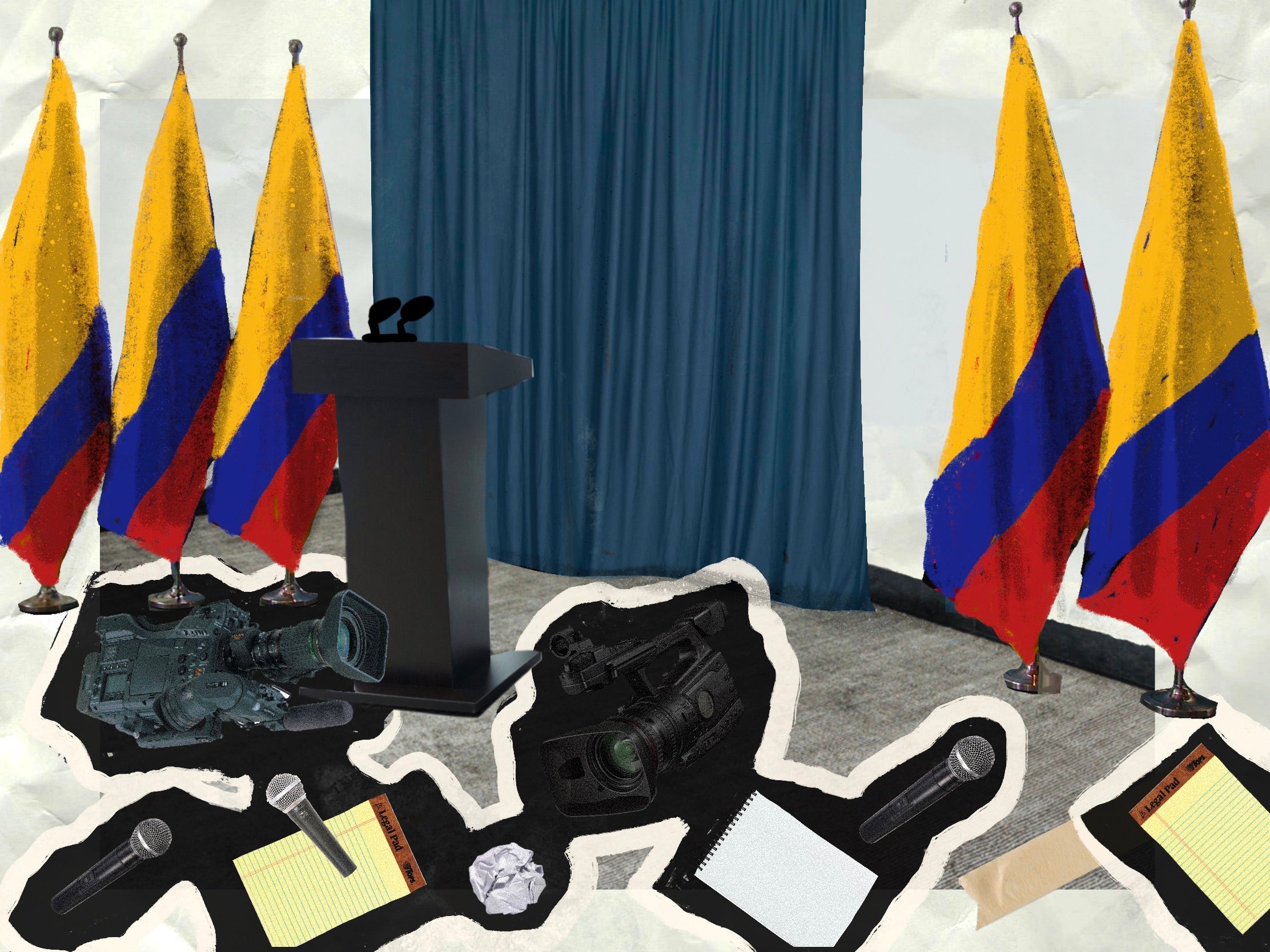
Journalists in Colombia warned that declining working conditions for the press could become more pronounced in 2022, an election year. The Federation of Colombian Journalists (Fecolper, by its Spanish acronym), released a report title “Unprotected on Feb. 9, the Day of the Journalist in Colombia, assessing the state of journalism and the challenges Colombian journalists face.
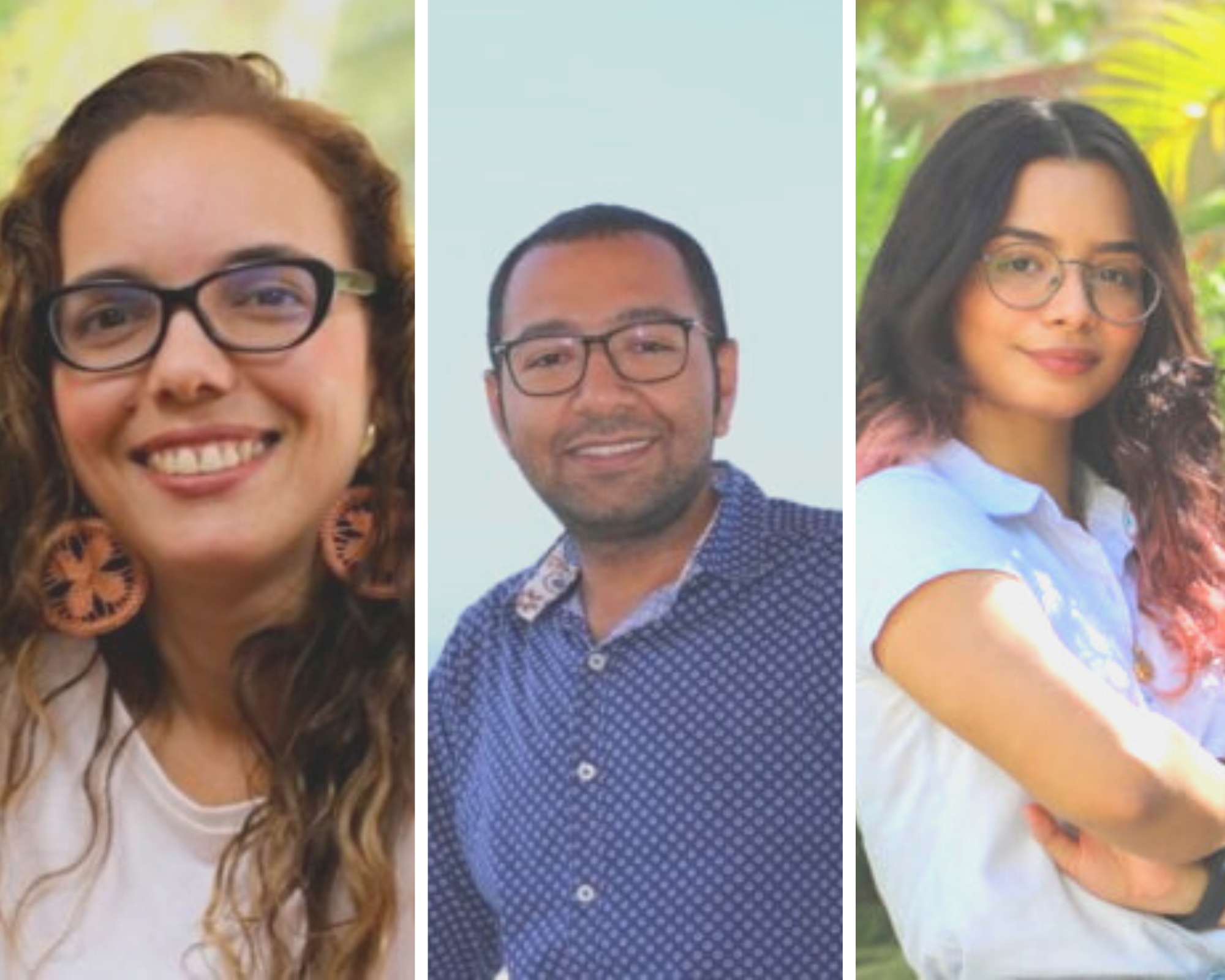
The Contratopedia Caribe, a specialized digital platform that follows the trail of public contracting in the Colombian Caribbean, held training sessions for students to introduce them to tools to access the Law of Access to Information based on the Constitution of Colombia. This project was motivated by the great vulnerabilities that exist in the right of access to public information in Colombia that affect journalism.
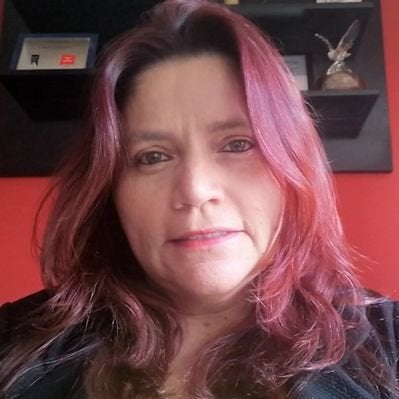
When she found irregularities in the handling of her data, Colombian journalist Claudia Julieta Duque returned her protection mechanism. Duque denounced having since suffered at least two serious security incidents. She also condemned the lack of compliance by the part of the State with the precautionary measures granted to her by the Inter-American Commission on Human Rights (IACHR).
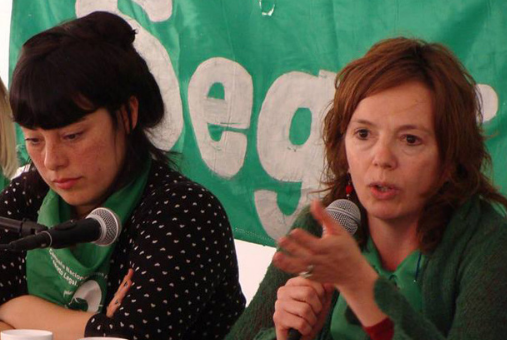
The recent decriminalization of abortion in Latin America has once again opened the conversation on the importance of appropriate media coverage when dealing with issues of sexual and reproductive rights. We spoke with several feminist journalists from the region to learn about the challenges they faced when covering these issues in their countries.

Media accelerator Velocidad shared lessons learned in 16 months of consulting, follow-up and financial support to ten news outlets in Latin America. During this time, these media organizations saw improvements in their organizational structure, audience loyalty, business model and product vision and culture.